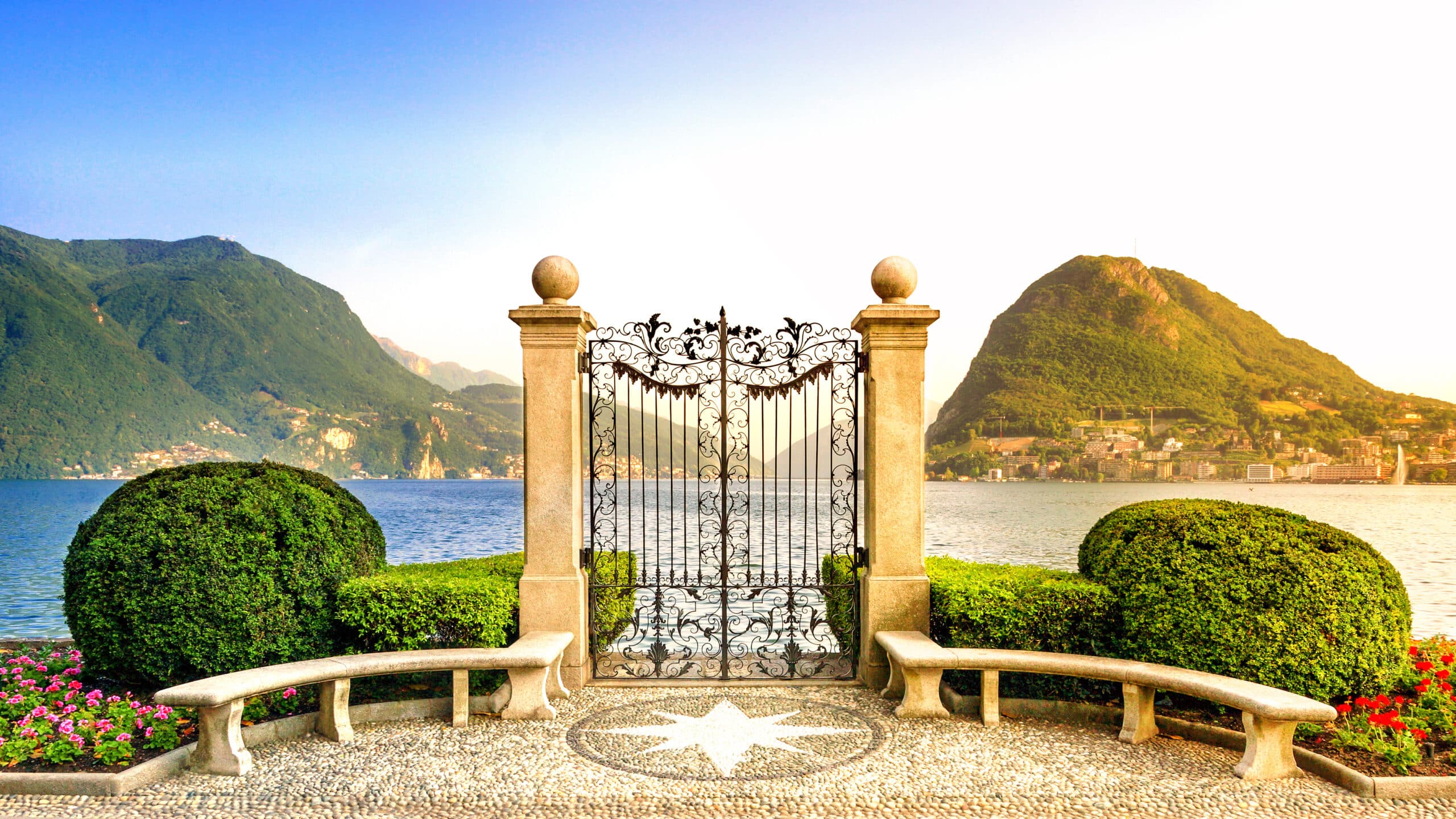The Swiss National Supercomputing Centre (CSCS), in collaboration with the EuroCC Project, is pleased to announce a Kubernetes Hackathon.
The event will be held in-person from November 28 to December 02, 2022, at Hotel Dante in Lugano, Switzerland.
Background
Kubernetes is an emerging platform to manage and orchestrate services. It brings potential benefits for reliability, productivity, flexibility, and more, to the management of services. Kubernetes can be employed to manage HPC services offered by a supercomputing center, but it can also be a service offered to users to host their own services.
Hackathon Goal
The primary goal of this hackathon is for participants to acquire and exchange knowledge about Kubernetes. Moreover, teams will develop the necessary skills to be able to move existing services at their institutions to Kubernetes.
The hackathon aims to have Kubernetes-ready services deployed by the end of the event. Therefore, it focuses mainly on hands-on and practical aspects, with only a few formal talks covering general content.
The added value of this hackathon is to focus on existing services in an HPC cluster (such as SLURM, Kibana, IAM) and to migrate them to Kubernetes. Teams are encouraged to bring their own sets of services to move to Kubernetes.
Note that the Hackathon covers Kubernetes for Linux only.
Target Audience and Format
This event is addressed to small teams of 2 to 5 system/software engineers interested in porting their services to Kubernetes.
Mentors will be assigned to teams to help them achieve their goals. Mentors will come from universities, supercomputing centers and industry, and will bring extensive experience and knowledge of Kubernetes.
The event will be limited to 5-7 teams of 2 to 5 developers with 2 mentors for each team. The event will be held in-person.
The schedule is as follows:
- November 28:
Welcome
Kick-off plenary
Teams work with their mentors - November 29–30:
Teams work with their mentors - December 1–2:
Preparation and delivery of team presentations
Event closure
Application Process
To apply as a team, please submit the application form by Sunday, August 28, 2022.
Teams will be notified about acceptance or rejection of their application by Sunday, September 18, 2022.
Successful teams will be required to register for the event to confirm participation within two weeks of the notification of acceptance (by Sunday, October 2, 2022).
Team participants, as well as mentors, will be offered a certificate of attendance.
Participation Costs
Participation in the Kubernetes Hackathon is free of charge for participants and mentors. The meeting room, lunches and coffee breaks, as well as access to the Kubernetes infrastructure throughout the event are offered by the Swiss National Supercomputing Centre and the EuroCC Project.
Participants are responsible for their travel to the meeting venue, accommodation, dinners and personal expenses. There are 20 rooms blocked at the event venue. Rooms range from CHF 170 (single room) – 195 (double room for double use) per person per night with breakfast. Participants are free to select other accommodation solutions.
Venue
In order to offer a good atmosphere for five days of intense programming, we have chosen the Hotel Dante in Lugano, Switzerland, only minutes on foot from the scenic Lake of Lugano. The region is served by Milan Malpensa airport (Italy) and by Zurich airport. Here you can find the train timetable from either of these airports to Lugano main train station (“Lugano, stazione”). You should calculate a travel time of approximately 2h from either airport with slightly shorter connections from Milan Malpensa airport.
Stay Healthy
On April 1, 2022, the Swiss Federal Council revoked all COVID-19 measures against the pandemic.
There will be no physical distancing between seats in the meeting room, nor obligation to wear a mask. You are invited to wear a mask if that makes you feel more comfortable.
Now that the measures and restrictions related to events have been lifted, individual responsibility in protecting everyone’s health has become of primary importance.
We ask all participants to follow the federal recommendations regarding hygiene and behavior in a pandemic situation:
- Cough and sneeze into a tissue or the crook of your arm
- Wash or sanitize your hands thoroughly
Once registered, should you feel unwell, we will ask you to please write an email to raluca.hodoroaba@cscs.ch and explain that you are unable to attend due to a suspected case of coronavirus. Most common coronavirus symptoms are:
- Symptoms of a respiratory illness (sore throat, cough (usually dry), shortness of breath, chest pain)
- High temperature
- Sudden loss of sense of smell and/or taste
- Headache
- General weakness, feeling unwell
- Aching muscles
- Gastrointestinal symptoms (nausea, vomiting, diarrhea, stomachache)
- Head cold
- Skin rash
Should the epidemiologic situation change and require the introduction of new regulations, we will promptly inform registered participants.
Inquiries
Please contact Mario Valle (mario.valle@cscs.ch) for questions related to the hackathon content or Raluca Hodoroaba (raluca.hodoroaba@cscs.ch) for questions related to the event logistics.
This project has received funding from the European High-Performance Computing Joint Undertaking (JU) under grant agreement No 951732. The JU receives support from the European Union’s Horizon 2020 research andinnovation programme and Germany, Bulgaria, Austria, Croatia, Cyprus, the Czech Republic, Denmark, Estonia, Finland, Greece, Hungary, Ireland, Italy, Lithuania, Latvia, Poland, Portugal, Romania, Slovenia, Spain, Sweden, the United Kingdom, France, the Netherlands, Belgium, Luxembourg, Slovakia, Norway, Switzerland, Turkey, Republic of North Macedonia, Iceland, Montenegro.
